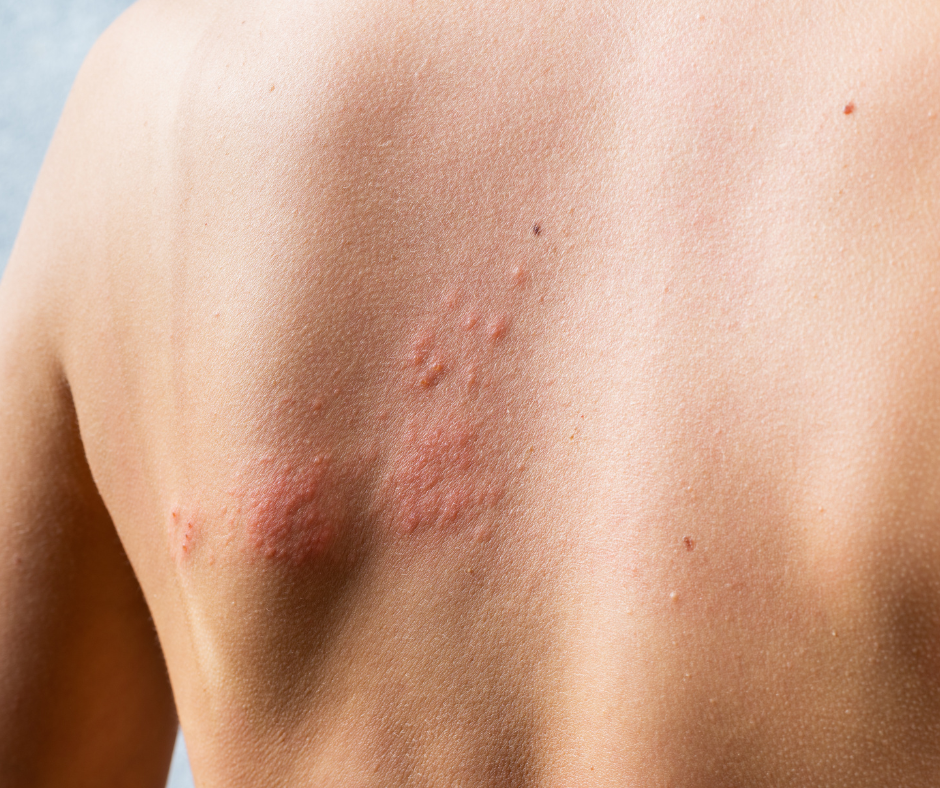
RASHES
Skin rashes encompass a wide range of skin outbreaks that can arise from a variety of causes, manifesting as red patches, bumps, blisters, or other changes in skin texture or color. These skin disturbances can be symptomatic of allergic reactions, infections, autoimmune diseases, or even stress, and can cause itching and discomfort. Common examples of skin rashes include eczema (atopic dermatitis), psoriasis, contact dermatitis (caused by direct contact with an irritant or allergen), and infectious diseases like cellulitis, shingles, or fungal infections. Environmental factors, such as exposure to extreme weather conditions or certain plants like poison ivy can also trigger skin rashes, making the identification of the underlying cause a complex process.
When dealing with skin rashes, consulting a board-certified dermatologist at Montrose Dermatology + Cosmetics ensures access to a high level of expertise and comprehensive care. Our dermatologists possess in-depth knowledge and training to accurately diagnose the specific type of rash and its root cause, whether it's an allergic reaction, an infectious disease, or another skin condition. Their specialized expertise enables them to offer personalized treatment plans that may include medication, lifestyle adjustments, or advanced therapies.
Treatments For Rashes
Medical treatment options for skin rashes vary widely depending on the underlying cause of the rash. Here are a few common treatments:
These are anti-inflammatory medications applied directly to the skin to reduce swelling, redness, and itching. They're commonly used for eczema, psoriasis, and allergic reactions.
Oral or topical antihistamines can help alleviate itching associated with allergic reactions by blocking histamine, a substance in the body that causes allergy symptoms.
If a rash is caused by a bacterial infection, antibiotics can be prescribed to kill the bacteria. These can be topical (applied to the skin) or oral.
For rashes caused by fungal infections, such as athlete's foot or ringworm, antifungal creams or oral medications may be recommended.
Rashes caused by viral infections, such as herpes or shingles, may be treated with antiviral drugs to reduce the severity and duration of the infection.
For autoimmune conditions like lupus or severe cases of eczema and psoriasis, medications that suppress the immune system's activity can help manage symptoms.
These are used to hydrate the skin and repair the skin barrier, especially in conditions like eczema, where the skin can become very dry and itchy.
Exposure to specific wavelengths of light under medical supervision can help treat certain types of rashes, such as psoriasis, by reducing inflammation and slowing the growth of skin cells.
